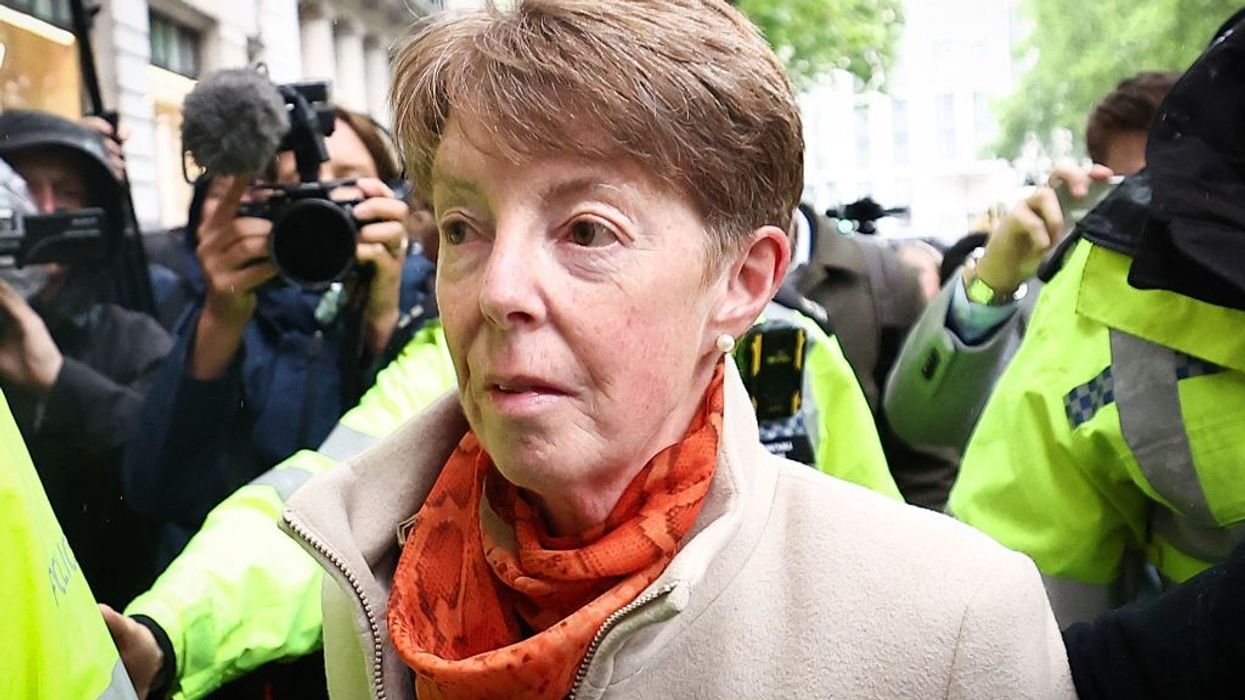FORMER British Post Office boss Paula Vennells sobbed on Wednesday (22) after telling a public inquiry the wrongful conviction of hundreds of postmasters had been caused by errors not conspiracy, and if anything she had been "too trusting" of others.
More than 700 local post office branch managers, who were often at the heart of small communities, were convicted between 1999 and 2015 after a faulty IT system called Horizon from Japan's Fujitsu led to shortfalls in their accounts.
The state-owned Post Office prosecuted them under special powers, despite evidence that it knew of the IT problems.
Some were jailed, others bankrupted and many saw marriages and reputations destroyed in one of Britain's biggest miscarriages of justice. Some died before being cleared.
Vennells, a 65-year-old ordained priest who led the Post Office from 2012 to 2019, opened three days of testimony on Wednesday with an apology.
"I am very, very sorry," she said, in her first public comments in nearly a decade.
She was asked how it was possible that she had not known about the IT problems and about a cover-up that allowed prosecutions to continue while concern grew.
"There was information I wasn't given," she said. "One of my reflections on all this is that I was too trusting. I did probe and I did ask questions."
Public outrage about the scandal erupted at the turn of the year when the ITV channel dramatised the postmasters' campaign for justice in Mr Bates vs the Post Office.
Soon after, the government legislated to exonerate all those convicted. But no senior staff from the Post Office or Fujitsu have yet been charged with any offence.
Vennells, who had held senior positions at the Post Office since 2007, broke down in tears several times, including when acknowledging that a previous statement had been untrue.
She had told lawmakers that every prosecution connected with Horizon had been successful, even though that was not the case.
"The Post Office knew that," she said. "Personally I didn't know that, and I'm incredibly sorry."
She also told a committee of lawmakers in 2015 that there was no evidence of a miscarriage of justice.
Asked if she had continued to believe that was the case until she stepped down in 2019, she said: "I think that's right."
The Post Office agreed a £58 million ($74m) settlement with 555 sub-postmasters shortly after she left.
Inquiry chair Wyn Williams queried how Vennells, who received more than £4.5m ($5.7m) in salary and bonuses, did not realise until 2012 that the Post Office was conducting its own prosecutions as a state body with special powers.
She replied by saying she had "no recollection" of the powers being discussed.
(Reuters)





